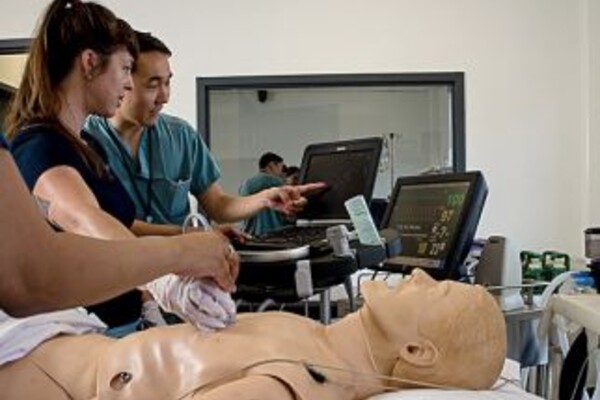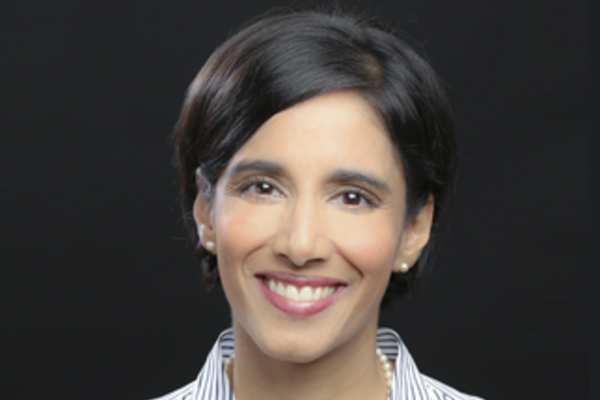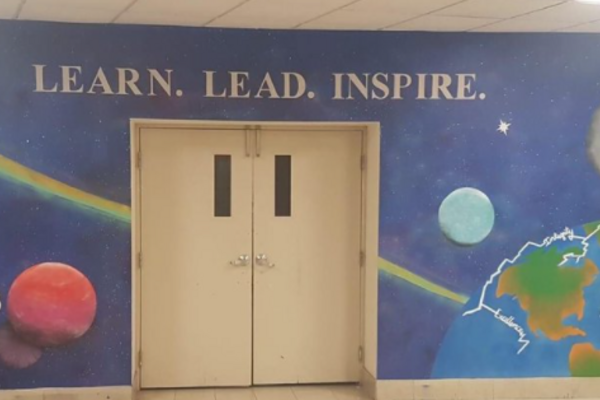Dec 10, 2019
Charting our Course: A look at where the Department of Medicine is going for the next five years
About Us, Faculty, Education, Quality & Innovation, Research, Cardiology, Clinical Immunology & Allergy, Clinical Pharmacology & Toxicology, Division of Dermatology, Emergency Medicine, Endocrinology & Metabolism, Gastroenterology & Hepatology, General Internal Medicine, Geriatric Medicine, Hematology, Infectious Diseases, Medical Oncology, Nephrology, Neurology, Occupational Medicine, Palliative Medicine, Physical Medicine & Rehabilitation, Respirology, Rheumatology


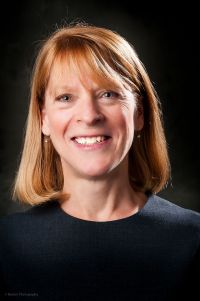 “The Department of Medicine already has many strengths. We are highly engaged and driven for excellence in care, teaching and research. We are persistent, adaptable and resilient. We value each other and we like each other, and we have an insatiable desire to foster progressive change, equity, fairness and diversity. We have accomplished so much over the past five years – and we’re committed to going even deeper and further over the next five.”
“The Department of Medicine already has many strengths. We are highly engaged and driven for excellence in care, teaching and research. We are persistent, adaptable and resilient. We value each other and we like each other, and we have an insatiable desire to foster progressive change, equity, fairness and diversity. We have accomplished so much over the past five years – and we’re committed to going even deeper and further over the next five.”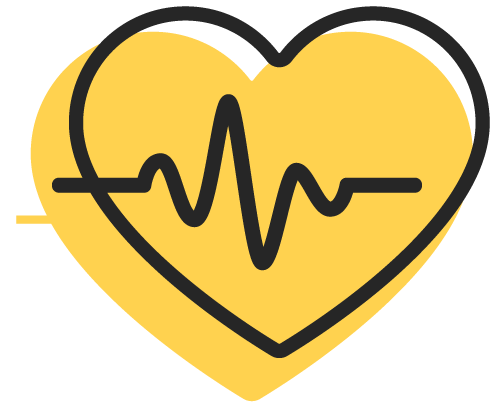 Culture & Wellness
Culture & Wellness Mentorship Across the Lifespan
Mentorship Across the Lifespan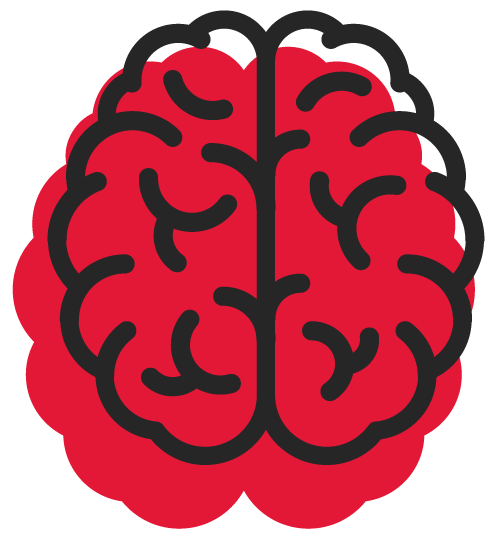 Generating and Translating New Knowledge to Impact Health
Generating and Translating New Knowledge to Impact Health Training for the Future
Training for the Future Making Choices in the Context of Fiscal Restraint
Making Choices in the Context of Fiscal Restraint Hopes for the Next Five Years
Hopes for the Next Five Years